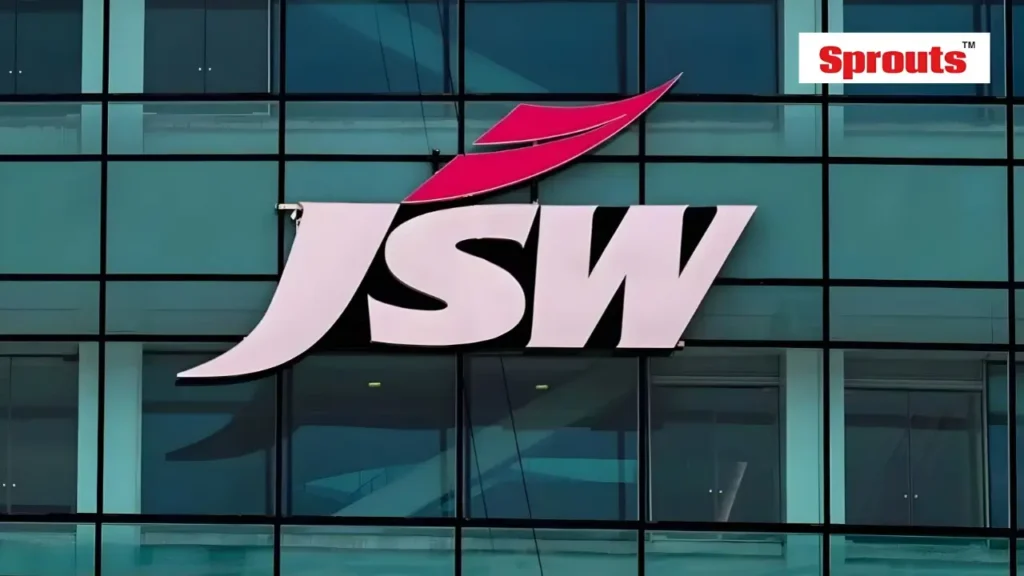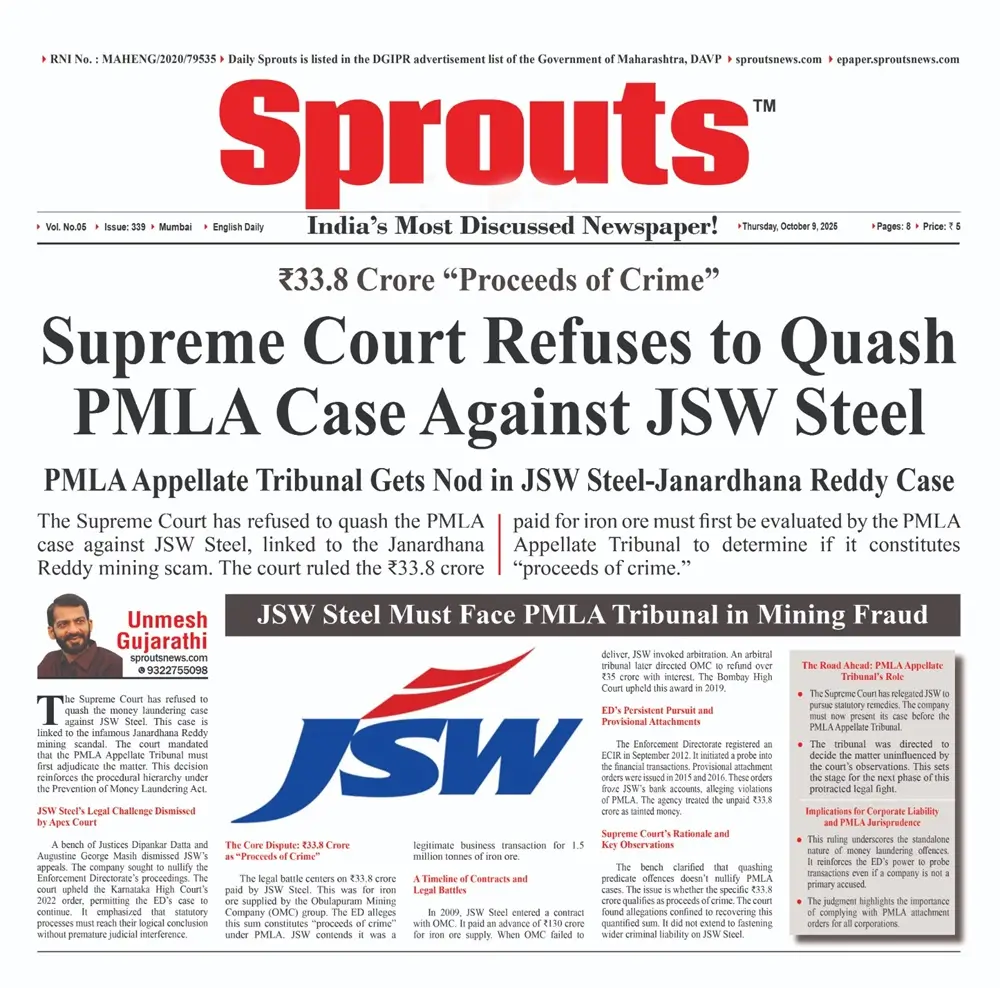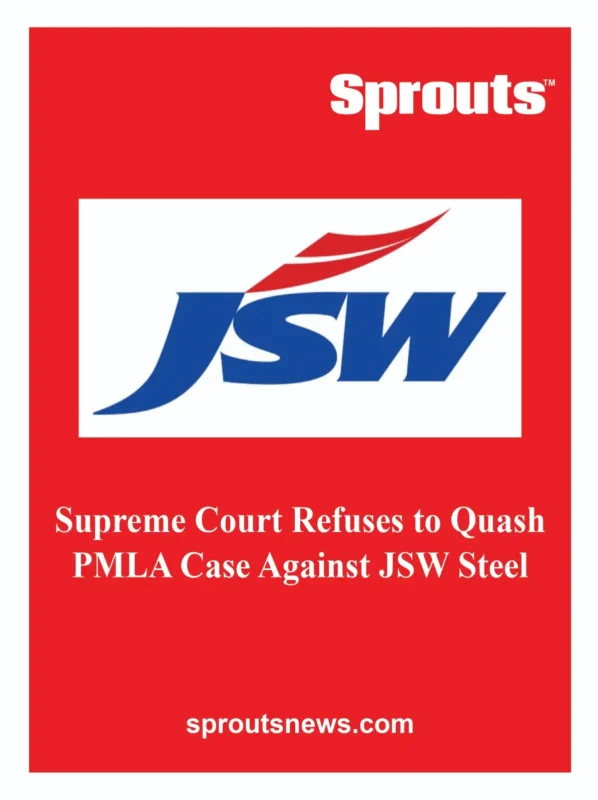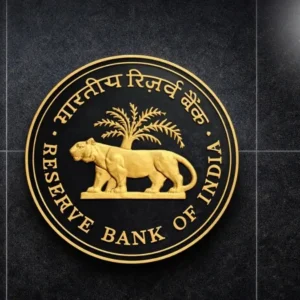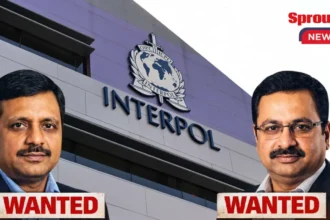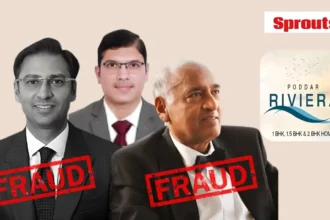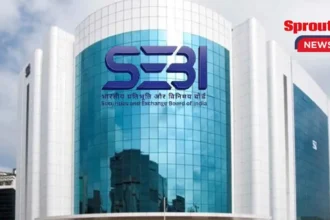Supreme Court Upholds PMLA Case Against JSW Steel in Janardhana Reddy Mining Scam
• ₹33.8 Crore “Proceeds of Crime”: SC Ruling on JSW Steel & Reddy Scam
• PMLA Appellate Tribunal Gets Nod in JSW Steel-Janardhana Reddy Case
• Supreme Court Verdict: JSW Steel Must Face PMLA Tribunal in Mining Fraud
- Supreme Court Upholds PMLA Case Against JSW Steel in Janardhana Reddy Mining Scam
- • ₹33.8 Crore “Proceeds of Crime”: SC Ruling on JSW Steel & Reddy Scam
- • PMLA Appellate Tribunal Gets Nod in JSW Steel-Janardhana Reddy Case
- • Supreme Court Verdict: JSW Steel Must Face PMLA Tribunal in Mining Fraud
- JSW Steel’s Legal Challenge Dismissed by Apex Court
- The Core Dispute: ₹33.8 Crore as “Proceeds of Crime”
- A Timeline of Contracts and Legal Battles
- ED’s Persistent Pursuit and Provisional Attachments
- Supreme Court’s Rationale and Key Observations
- The Road Ahead: PMLA Appellate Tribunal’s Role
- Implications for Corporate Liability and PMLA Jurisprudence
The Supreme Court has refused to quash the PMLA case against JSW Steel, linked to the Janardhana Reddy mining scam. The court ruled the ₹33.8 crore paid for iron ore must first be evaluated by the PMLA Appellate Tribunal to determine if it constitutes “proceeds of crime.” This landmark ruling reinforces due process under the Prevention of Money Laundering Act, ensuring judicial oversight in major corporate-linked investigations.
The Supreme Court has refused to quash the money laundering case against JSW Steel. This case is linked to the infamous Janardhana Reddy mining scandal. The court mandated that the PMLA Appellate Tribunal must first adjudicate the matter. This decision reinforces the procedural hierarchy under the Prevention of Money Laundering Act.
Click Here To Download the News Attachment
JSW Steel’s Legal Challenge Dismissed by Apex Court
A bench of Justices Dipankar Datta and Augustine George Masih dismissed JSW’s appeals. The company sought to nullify the Enforcement Directorate’s proceedings. The court upheld the Karnataka High Court’s 2022 order, permitting the ED’s case to continue. It emphasized that statutory processes must reach their logical conclusion without premature judicial interference.
The Core Dispute: ₹33.8 Crore as “Proceeds of Crime”
The legal battle centers on ₹33.8 crore paid by JSW Steel. This was for iron ore supplied by the Obulapuram Mining Company (OMC) group. The ED alleges this sum constitutes “proceeds of crime” under PMLA. JSW contends it was a legitimate business transaction for 1.5 million tonnes of iron ore.
A Timeline of Contracts and Legal Battles
In 2009, JSW Steel entered a contract with OMC. It paid an advance of ₹130 crore for iron ore supply. When OMC failed to deliver, JSW invoked arbitration. An arbitral tribunal later directed OMC to refund over ₹35 crore with interest. The Bombay High Court upheld this award in 2019.
Also Read: Actor Aayush Shah Files Complaint Against MyFledge Pvt. Ltd. Directors.
Related Article: JSW Steel Secures Bhushan Power in ₹19,700 Cr IBC Win.
ED’s Persistent Pursuit and Provisional Attachments
The Enforcement Directorate registered an ECIR in September 2012. It initiated a probe into the financial transactions. Provisional attachment orders were issued in 2015 and 2016. These orders froze JSW’s bank accounts, alleging violations of PMLA. The agency treated the unpaid ₹33.8 crore as tainted money.
Supreme Court’s Rationale and Key Observations
The bench clarified that quashing predicate offences doesn’t nullify PMLA cases. The issue is whether the specific ₹33.8 crore qualifies as proceeds of crime. The court found allegations confined to recovering this quantified sum. It did not extend to fastening wider criminal liability on JSW Steel.
The Road Ahead: PMLA Appellate Tribunal’s Role
The Supreme Court has relegated JSW to pursue statutory remedies. The company must now present its case before the PMLA Appellate Tribunal. The tribunal was directed to decide the matter uninfluenced by the court’s observations. This sets the stage for the next phase of this protracted legal fight.
Implications for Corporate Liability and PMLA Jurisprudence
This ruling underscores the standalone nature of money laundering offences. It reinforces the ED’s power to probe transactions even if a company is not a primary accused. The judgment highlights the importance of complying with PMLA attachment orders for all corporations.

